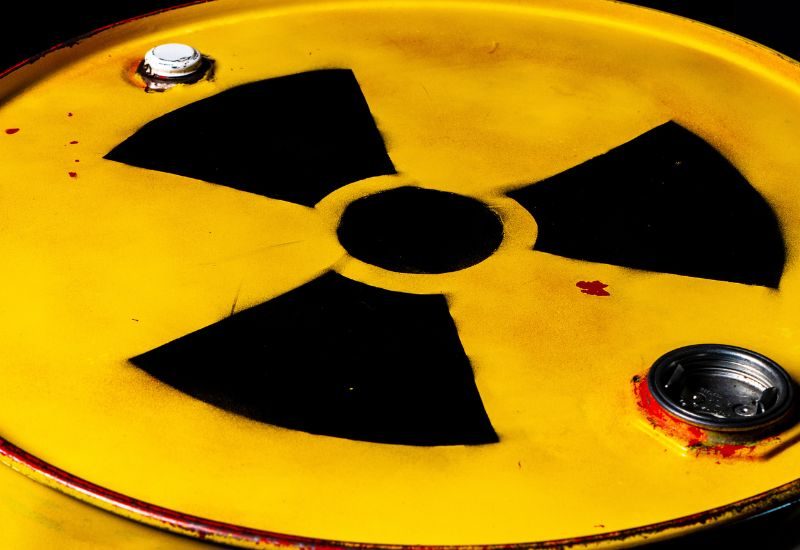Waste not want not, or so the old saying goes. And yet there remains an incredible amount of waste in the world. As such, we must categorize and separate waste into various categories to ensure that people remain safe, recycle certain waste, and do no harm to the environment. While a more comprehensive list exists, here’s a general breakdown that answers the question, what are the most common types of waste?

Solid Waste
Most likely solid waste is the first thing people think of when they think of waste, though more common terms include trash, garbage, refuse, and others. Solid waste includes most household and office waste, involving paper, plastic, metal, glass, and similar materials that won’t break down in a brief time like organic materials. We can also categorize solid waste into recyclable and nonrecyclable products. Trash collectors are most likely looking to dispose of your solid waste items when they come to your block.
Liquid Waste
Liquid is another kind of waste, which involves, yes, liquid products. However, you won’t find much liquid waste collected and put out on the curb once a week. Liquid waste includes wastewater generated by a home, office, or other building and collected by sinks, toilets, and the like. Of course, factories, mills, and other industrial sites also produce liquid waste, usually water intermingled with byproducts of whatever they’re manufacturing. Waste like this can be harmless, but it often qualifies as hazardous waste.
Hazardous Waste
Hazardous waste, as the name suggests, can be harmful to humans, wildlife, plants, and the ecosystem in general. Hazardous waste has four characteristics, though it can feature more than one of the following qualities: ignitability, corrosiveness, toxicity, or reactivity. Ignitability means it can catch fire. Corrosiveness indicates the ability to corrode and burn solid matter through chemical reactions. Toxicity means poisonousness, while reactivity means the waste can explode or otherwise react in a volatile way when exposed to other chemicals or under certain conditions. Hazardous waste requires careful handling, packing, transportation, and disposal in all cases to avoid harm.
Organic Waste
Waste is organic if it was once alive or part of something living. Disposed food is organic waste, and can involve fruits and vegetables, bones, meat, and the like, but it can also include hair, sawdust, paper, grass clippings, other yard waste, and other similar materials. Fortunately, at least with plant life, most organic waste is compostable and you can use it to create fertilizer to feed other plants.
We’ve explored the question, “What are the most common types of waste?”. Now, consider ways to cut back on your waste production. It’s good for the environment and, frankly, good for us all!
